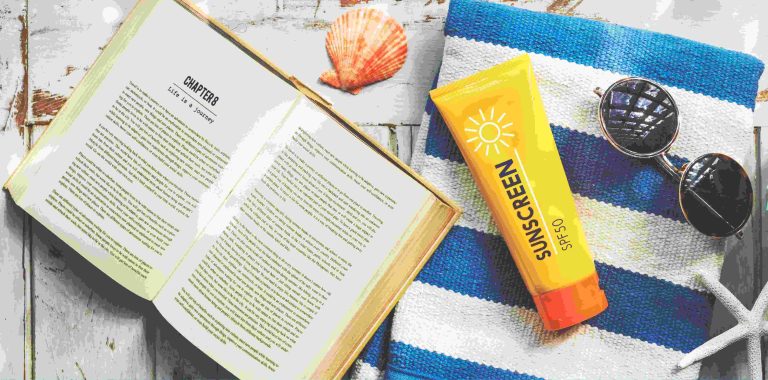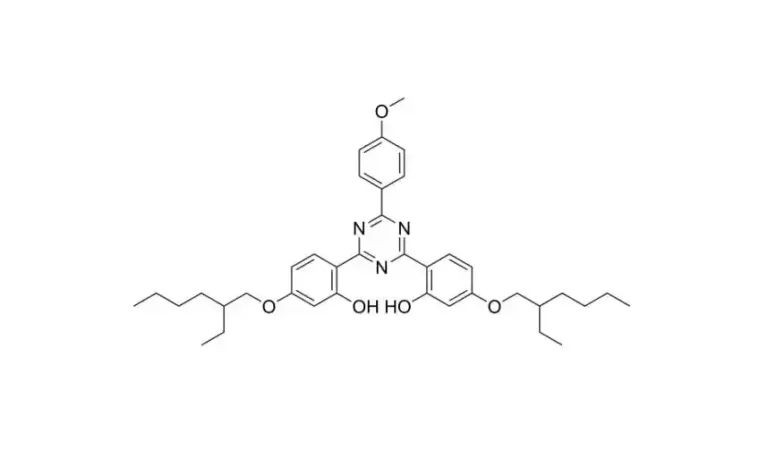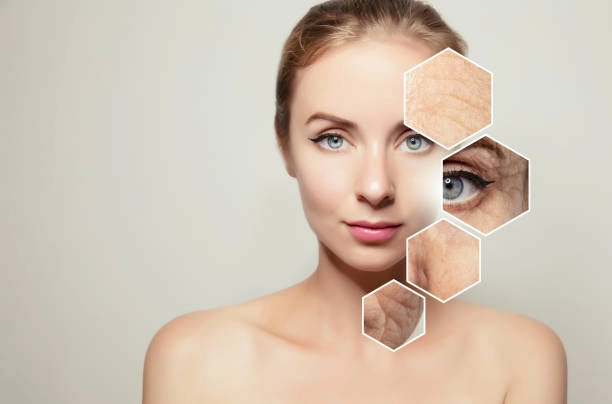
bisoctrizolo anti-invecchiamento?
Combatte questi problemi a livello profondo.?
I raggi UVA scavano profondamente nella pelle. danneggiano il collagene e l'elastina. Questi mantengono la pelle ferma e elastica. Quando si rompono, si formano rughe. La protezione ampia del bisoctrizolo blocca questi raggi. Mantiene la pelle forte. I raggi UVB, invece, danneggiano la superficie della pelle. Causano arrossamento o scottature solari. Nel tempo, questo si aggiunge ai segni di invecchiamento. Il bisoctrizolo affronta sia UVA che UVB. Ciò garantisce pieno
prevenzione del fotoinvecchiamento
Mantiene il collagene al sicuro
Con la forza delle radiazioni ultraviolette che cresce solo a causa delle condizioni nel mondo di oggi, la necessità di soluzioni di protezione UV efficaci e di lunga durata non è mai stata più forte. Di tutte le soluzioni disponibili,?
Funziona con antiossidanti
- Si accoppia bene con ingredienti come la vitamina C. Insieme combattono le particelle nocive dei raggi UV.
- Il bisoctrizolo non affonda profondamente nella pelle. Ciò lo rende buono per i tipi di pelle sensibili.
- Perché supera altri filtri UV
Rispetto ai filtri più vecchi come l'ossibenzone, il bisottorizolo brilla. Rimane stabile alla luce del sole. Inoltre provoca meno irritazione della pelle. Il suo mix di assorbimento e riflessione dei raggi UV lo rende forte. Per i produttori di prodotti, questo significa migliori protezioni solari. Questi si allineano con le tendenze della bellezza pulita. Il bisottorizolo è anche più gentile con l'ambiente di alcuni filtri chimici.
Coperti UVA & UVB
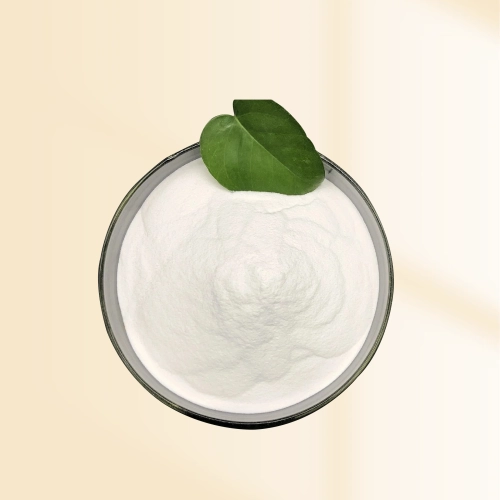
Spesso debole su UVA?
Può indebolirsi rapidamente
Delicate, meno irritazione
Può irritare la pelle
- Basso impatto
- Alcuni danni barriere coralline
- Bisoctrizol in prodotti anti-invecchiamento per la cura della pelle
(BFP-SP-M) è una soluzione molto unica, che funziona meglio in molti settori.
e di più.
- idratanti quotidiani con protezioneLe persone vogliono prodotti che idratino e proteggano. Vogliono anche vantaggi anti-invecchiamento. Bisoctrizol sembra leggero. Non è grasso. Questo lo rende perfetto per idratanti quotidiani. I marchi possono venderli come soluzioni all-in-one. Le persone occupate amano semplici routine di cura della pelle. Vogliono ancora risultati forti.
- Sieri e creme anti-invecchiamentoIl bisoctrizolo funziona bene con ingredienti come il retinolo o i peptidi. Protegge da danni UV. Questo li rende funzionare meglio. Per i clienti B2B, questo significa creare prodotti di fascia alta. Queste offerte
benefici. Proteggere la pelle ora e in futuro. Thu, 29 Maggio 2025 03:50:09 0000 Creme solari colorate e creme BB
I prodotti ibridi per il trucco e la cura della pelle sono popolari. Creme solari tintate e creme BB sono richieste. Il bisoctrizolo conferisce un aspetto liscio e non cremoso. I marchi possono usarlo per creare prodotti che proteggono, coprono e
prevenire il fotoinvecchiamento?
Questo attrae gli amanti della bellezza.
Perché scegliere BFP come fornitore di bisoctrizole?
BFP è un nome affidabile negli ingredienti della protezione solare. Producono prodotti di alta qualità come il bisoctrizolo. Producono anche anidride di titanio. BFP si concentra su nuove idee e pratiche ecologiche. I loro ingredienti soddisfano rigorose regole di qualità. Ciò li rende un ottimo partner per i produttori di prodotti.
- Scegliendo BFP, i marchi ottengono ingredienti di prima classe. Inoltre ricevono supporto per soddisfare le regole e creare prodotti eccezionali.
- Scopri la storia di BFP
- Rispondere alle esigenze dei consumatori con il bisoctrizolo
Nel mondo B2B, sapere cosa vogliono i clienti è fondamentale.
Il bisoctrizolo risolve molte preoccupazioni comuni
Questo aiuta i marchi a rendere i prodotti che le persone amano. Sicuro per la pelle sensibile
- Alcune persone evitano le protezioni solari chimiche. Si preoccupano dell'irritazione. Il bisoctrizolo è diverso. Non affonda profondamente nella pelle. Ciò riduce la possibilità di arrossamento o allergie. Funziona per molti tipi di pelle. I brand possono usarlo per raggiungere più clienti.
- Bene per il pianeta
Dimensione delle particelle (nm) BFP Z40S Ossido di zinco in polvereLe persone si preoccupano dell’ambiente. Alcune protezioni solari danneggiano le barriere coralline. Il bisoctrizolo è più sicuro per la natura. Questo si adatta alla tendenza della bellezza pulita. I marchi possono promuovere questo per attirare acquirenti ecologici.
– Material scientists seekin ( pollici) g to prolong product life
Nessuno vuole riapplicare la crema solare tutto il giorno. Il bisoctrizolo rimane forte alla luce solare. Protegge la pelle per ore. Ciò rende i prodotti facili da usare. I marchi possono distinguersi offrendo affidabilità
Domande frequenti sul bisoctrizolo nella cura della pelle anti-invecchiamento
- Perché il bisoctrizolo è buono per anti-invecchiamento?Il bisoctrizolo blocca sia i raggi UVA che UVB. Impede UVA di danneggiare il collagene. Questo riduce le rughe. Aiuta con
- mantenendo la pelle giovane.Il bisoctrizolo è buono per la pelle sensibile?
- - Sì. - Sì. Il bisoctrizolo è delicato. Non affonda profondamente nella pelle. Questo lo rende ideale per le persone con pelle sensibile. I marchi possono usarlo in molti prodotti.Come funziona bisoctrizole
- rispetto ad altri filtri.Il bisoctrizolo copre sia i raggi UVA che UVB. Rimane forte alla luce del sole. Questo batte filtri meno stabili come l'avobenzone. Protegge meglio contro i segni di invecchiamento.
- Posso usare bisoctrizolo ogni giorno?- Sì. - Sì. La sua formula stabile e delicata è perfetta per l'uso quotidiano. Offre una costante
Mantiene la pelle sicura e sana.
Il bisoctrizolo funziona con altri ingredienti?
Bisoctrizole abbina bene con gli ingredienti anti-invecchiamento. Protegge da danni UV. Ciò rende sieri e creme più efficaci.
Migliora la tua linea di cura della pelle con Bisoctrizole
- Il bisoctrizolo è una scelta intelligente per i marchi di cura della pelle. Si miscela
- con potenza anti-invecchiamento. La sua sicurezza e flessibilità lo rendono una scelta preferita. I marchi possono creare prodotti che i clienti amano. Partenariare con BFP significa accedere al bisoctrizolo di alta qualità. Questo ti aiuta a creare creme solari e idratanti eccezionali. Visita
- per saperne di più. Inizia a costruire il futuro della cura della pelle ora.
Bisoctrizole La potenza anti-invecchiamento nelle formulazioni di protezione solare
Scopri Bisoctrizole: 2025' s filtro UV anti-invecchiamento superiore per la pelle giovane. Consigli esperti sulla protezione solare che previene le rughe e il fotoinvecchiamento!
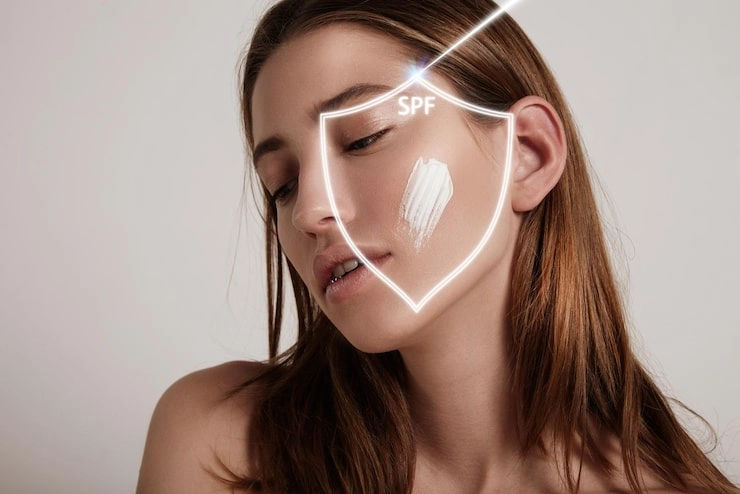
Bisoctrizolo: la potenza anti-invecchiamento nelle formulazioni solari - BFP
Shanghai BFP New Material Co., Ltd. è un fornitore principale di ingredienti protettivi solari. Essi offrono bisotterizolo (BFP-SP M), biossido di titanio e ossido di zinco. BFP si concentra sulla sicurezza, la qualità e le soluzioni ecologiche. Essi seguono le buone pratiche di fabbricazione (GMP) per prodotti coerenti. I loro filtri UV, come il bisottorizolo, soddisfano le esigenze dei formulatori a livello globale. Ciao ể aggiungendo al loro
- 2025-07-31 – BFP
- 2025-07-29 – BFP
- Shanghai BFP New Material Co., Ltd. è un fornitore principale di ingredienti protettivi solari. Essi offrono bisotterizolo (BFP-SP M), biossido di titanio e ossido di zinco. BFP si concentra sulla sicurezza, la qualità e le soluzioni ecologiche. Essi seguono le buone pratiche di fabbricazione (GMP) per prodotti coerenti. I loro filtri UV, come il bisottorizolo, soddisfano le esigenze dei formulatori a livello globale. Scopri di più su loro
Shanghai BFP New Material Co., Ltd. è un fornitore principale di ingredienti protettivi solari. Essi offrono bisotterizolo (BFP-SP M), biossido di titanio e ossido di zinco. BFP si concentra sulla sicurezza, la qualità e le soluzioni ecologiche. Essi seguono le buone pratiche di fabbricazione (GMP) per prodotti coerenti. I loro filtri UV, come il bisottorizolo, soddisfano le esigenze dei formulatori a livello globale. Scopri di più al loro
Acquisto di bisoctrizolo di alta qualità: un must-read per i produttori di cosmetici
Condivisione delle conoscenze del settore – Pagina 6 – BFP
- Nel mondo in rapida evoluzione della produzione di cosmetici, scegliere il miglior filtro UV può decidere se un prodotto funziona bene o non funziona. Per le aziende che vogliono creare protezioni solari di primo livello che le persone amano per la sicurezza e la forza, trovare una buona fonte di ingredienti eccellenti è super importante.
- – Le aziende industriali hanno bisogno di una stabilizzazione UV stabile
- Cosa è il bisoctrizolo e perché è un grande affare
Il bisoctrizolo, chiamato anche Methylene Bis-Benzotriazolyl Tetramethylbutylphenol, è un filtro UV speciale. Miscela le buone parti della protezione UV organica e inorganica. È usato molto nelle protezioni solari chimiche e dà una forte difesa contro i raggi UVA e UVB. Ciò lo rende una parte chiave dei prodotti solari di oggi. Il suo speciale design permette di assorbire i raggi UV e anche rimbalzarli, dando due modi per proteggere la pelle.
- Perché le persone amano il bisoctrizolo? Esso
- rimane forte sotto la luce del sole
- , quindi continua a funzionare per molto tempo, a differenza di altri filtri UV che possono rompersi. Inoltre, funziona in acqua e si miscela bene con molti tipi di cosmetici, come lozioni, creme o spray. Per le aziende che producono cosmetici, utilizzare Bisoctrizole significa fare prodotti che siano sicuri, funzionano bene e si sentono bene sulla pelle.
Principali motivi per usare il bisoctrizolo nelle protezioni solari?
Quando si fanno protezioni solari, il filtro UV che si sceglie cambia quanto buono sia il prodotto e se le persone lo vogliono. Il bisottorizolo è ottimo per alcune ragioni:
Blocca i raggi UVA (320-400 nm) e UVB (280-320 nm), mantenendo la pelle al sicuro dai danni.
Continua a funzionare anche dopo ore al sole, dando una protezione costante.
- Funziona con molti prodotti
- Si adatta in lozioni, gel e oli, in modo da poter fare tutti i tipi di creme solari.
- Compatibile con l'acqua
È perfetto per le protezioni solari per la spiaggia o gli sport perché rimane forte in acqua.
Non irrita, quindi è buono per le persone con pelle sensibile, che molti clienti vogliono.
- Queste caratteristiche rendono Bisoctrizole una scelta preferita per le aziende che vogliono realizzare protezioni solari che brillano in un mercato difficile.Ciò che distingue (インチ) il bisoctrizolo è che è in grado di mantenere l'attività anche di fronte alla continua esposizione alla luce UV e resiste anche a test normativi sempre più rigorosi. Questo articolo discuterà la scienza coinvolta in questo composto rivoluzionario, il suo vantaggio relativo, le diverse applicazioni e le implicazioni per l'uso in pratica. Le fragranze danno a filtri solari di odori piacevoli.
- Ottenere bisoctrizolo significa essere attenti a ottenere la migliore qualità, una fornitura costante e prodotti che seguono le regole. Ecco cosa cercare quando si sceglie un fornitore:Controllare qualità e purezza
Hai bisogno di Bisoctrizole super pulito per protezioni solari sicure e forti. Trova fornitori che forniscano prove chiare, come certificati di analisi (CoA), e segui grandi regole di qualità, come ISO o GMP. Il Bisoctrizolo puro rende i tuoi prodotti funzionano meglio e rimangono al sicuro. Chiedi campioni e testali per assicurarti che siano buoni.
Guarda il potere della fabbrica
Un buon fornitore ha forti fabbriche per mantenere i prodotti in arrivo senza problemi. I fornitori con modi intelligenti per fare le cose possono promettere la stessa qualità ogni volta, quindi i tuoi prodotti rimangono ottimi. Controllare se possono gestire ordini grandi senza rovinare la qualità.
- Elenco dei prodottiAssicurati di seguire le regole
- Il bisoctrizolo ha regole rigorose in luoghi come l'UE, gli Stati Uniti e l'Asia. Il vostro fornitore dovrebbe mostrare documenti che dimostrino di seguire queste regole, come gli standard FDA o REACH. Ciò aiuta ad evitare problemi quando i tuoi prodotti vengono approvati o venduti.
Controllare il sistema di consegna
Domande frequenti
Un fornitore su cui puoi contare consegna in tempo, in modo che il tuo lavoro rimanga sulla buona strada. Cerca quelli con una grande rete per la spedizione e piani chiari su come inviano i prodotti. Per le aziende che cercano un fornitore di Bisoctrizole in Cina, essere vicino alle fabbriche può ridurre i tempi di attesa e i costi di spedizione.
Trova fornitori con l'aiuto di esperti
I migliori fornitori forniscono consigli intelligenti per aiutarti ad usare Bisoctrizole nei tuoi prodotti. Possono guidarti nel mescolarlo correttamente, testare la sua forza e seguire le regole. Un fornitore con un team di ricerca può aiutarti a creare prodotti nuovi ed eccitanti.
Perché ottenere Bisoctrizole dalla Cina?
La Cina è un primo posto per la produzione di prodotti chimici, offrendo buoni prezzi e grande Bisoctrizole. I fornitori lì spesso mischiano costi bassi con tecnologia di fabbrica intelligente, rendendoli un'ottima scelta per i produttori di cosmetici in tutto il mondo. Lavorando con un fidato
Fornitore di bisoctrizole in Cina
, potete ottenere materiali di alta qualità mantenendo i costi bassi.
Perché la Cina è grande
Bassi costi
Bisoctrizolo (BFP-SP-M): Principi chimici e meccanismo di azione

